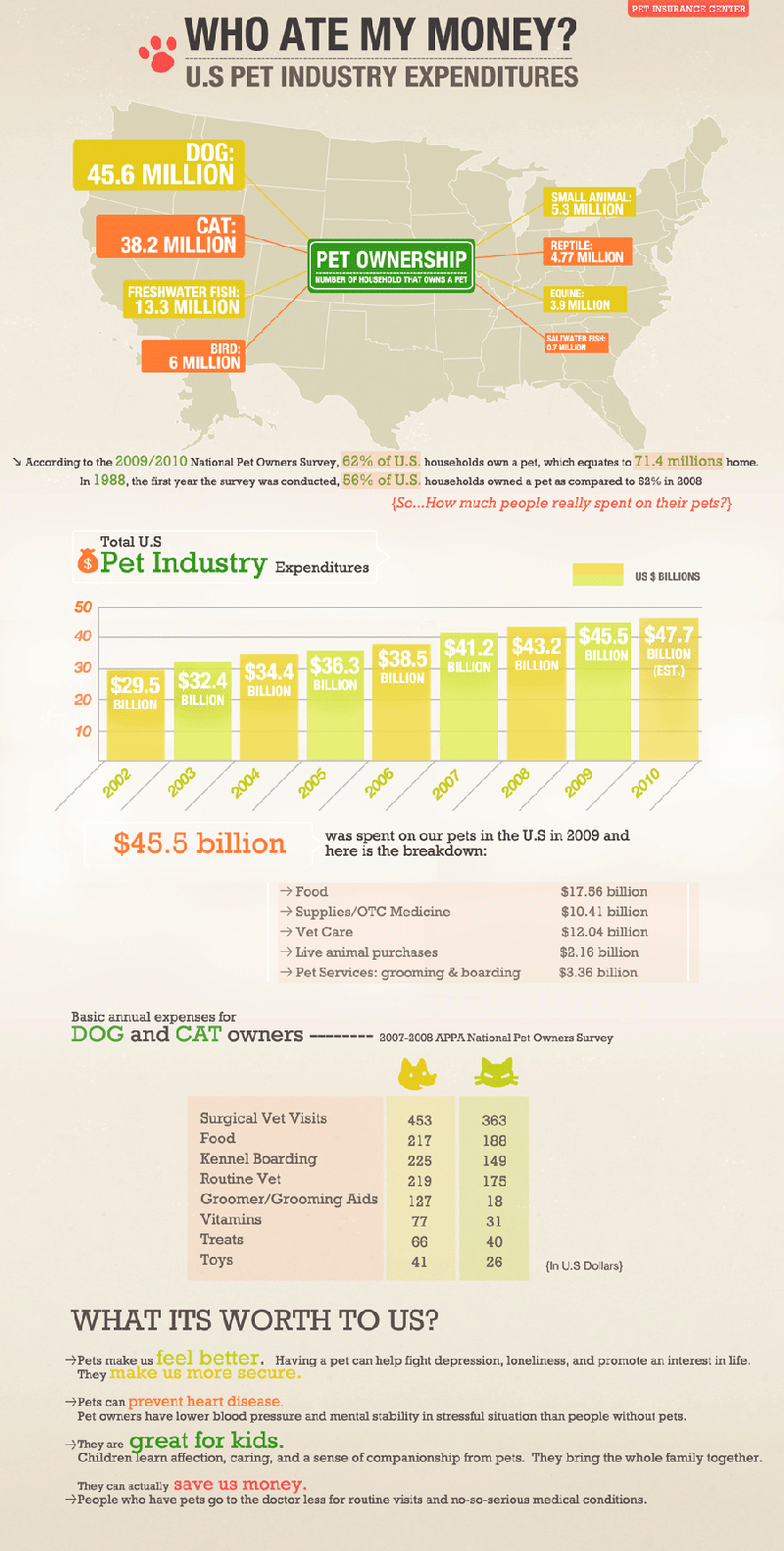Key Factors in Determining a Veterinary Practice Valuation
Veterinary practice valuations can sometimes be difficult because of the nature of the business. Typically, the profitability of the practice as well as its assets are taken into consideration. Subjective factors such as goodwill and the quality of the employees on staff will also be taken into consideration and oftentimes, are seen as more valuable than the practice’s tangible assets. Unlike a retail business, a veterinary practice’s value is largely dependent on the competence and experience of the staff members, so this must be taken into consideration when determining a veterinary practice valuation. In most cases, a veterinarian practice is valued using one or a combination of the approaches listed below.
Income Approach
When using an income approach, the practice’s value will be based on its cash flow. In other words, the value will depend on how profitable the practice is. A buyer will be mainly concerned with the financial return they will receive from purchasing the business. Growth potential and risk will also be taken into consideration and affect the overall value of the practice.
Asset Approach
With an asset approach, the value of the practice will be largely determined by the value of its assets, which also includes goodwill. The value of goodwill is typically determined by:
• Capitalization
• Normalization
• Feasibility Testing
Market approach
The market approach is similar to how homes are valued. In this case, other practices in the area would be assessed and the practice would be given a similar value. A market approach is mainly used for estimation purposes as there are several factors that affect the value of a practice. Another practice across town may not have a competent work force, or their location may be hindering the profitability of their business.
How the Process Works
There are a number of reasons why a practice would want a valuation performed. Not only will it give them a good perspective of how profitable their practice is, but it will also allow them to pinpoint their strengths and their weaknesses. Weaknesses can be addressed and corrected to improve the value of the practice. A valuation will also encourage appropriate record keeping and financial analysis, which will help keep the practice organized and well-managed.
The valuation process can be quite complex. Objective data needs to be gathered, analyzed and adjusted where appropriate. Most practices now rely on appraisers to help them determine the value of their business. However, this is a new trend. Before appraisers were used, veterinarians would rely on the “rules of thumb” to determine their practice’s value. These rules were based on word of mouth, tradition, industry publications, sales persons and other information sources. Today, the process is far more scientific and on par with how other businesses are valuated.
One of the first things that should be looked at is what actually contributes to the value of the practice. A veterinary practice is mainly a service-based business where intangible assets are far more valuable than the tangible ones. Intangible assets include the goodwill of the veterinarian, their business and any non-compete agreements that may be in place. The tangible items include real estate, equipment, furnishings, cash, supplies and medical records.
Hiring a Practice Appraiser
While it is feasible for the owner of the practice to perform a valuation, it is often best to hire a professional. They will perform both a subjective and objective assessment of the practice and some factors may be included that the owner would have otherwise missed. These include:
• Level of customer service.
• State of the equipment in the facility.
• High standard of practice ethics and care.
• Competent and experienced staff.
In addition, a practice appraiser’s valuation of the business can be seen as a selling point. Buyers are more likely to be comfortable with an asking price if they know the value of the business has been determined by a professional appraiser.
An appraiser will also provide the practice owner with recommendations on how to improve the value of their business. These recommendations should be seriously considered, even if they take several years to implement. A profitable practice will attract buyers. A practice whose profitability is questionable will be seen as a major risk and will likely not attract any interest.
The value of a practice can be increased in several ways. This can be done by boosting productivity, reducing expenses, improving the facility or increasing fees. Increasing fees should be considered as a last resort as the practice may lose clients as a result of the increase. If the practice can increase its revenue, its value will increase exponentially. Reducing expenses is a great place to start and boosting productivity can be accomplished in smaller stages. Taking appropriate measures to increase profits will add to the overall value of the veterinary practice and are a worthwhile investment of resources and time.

Although millions of people visit Brandon's blog each month, his path to success was not easy. Go here to read his incredible story, "From Disabled and $500k in Debt to a Pro Blogger with 5 Million Monthly Visitors." If you want to send Brandon a quick message, then visit his contact page here.
